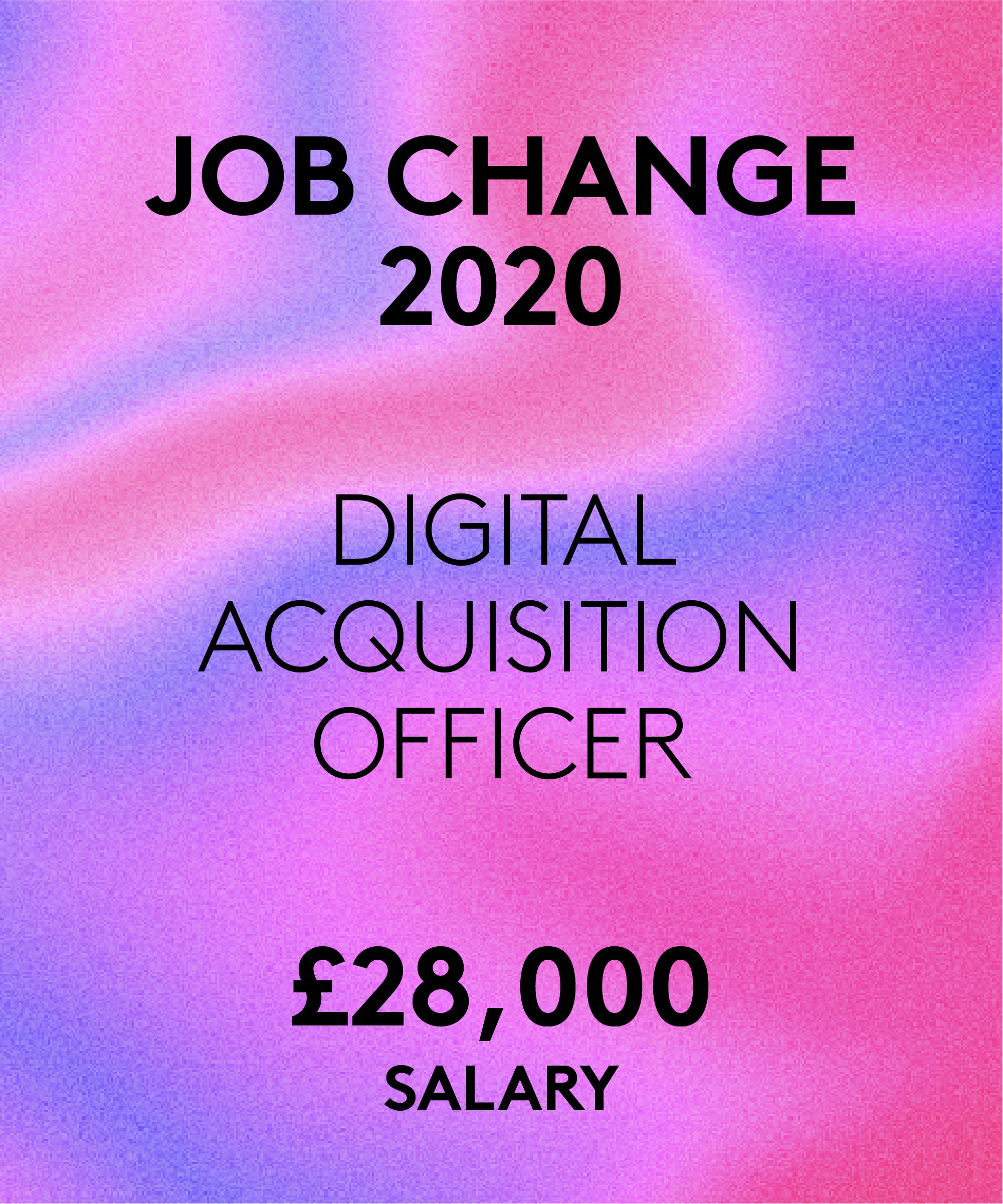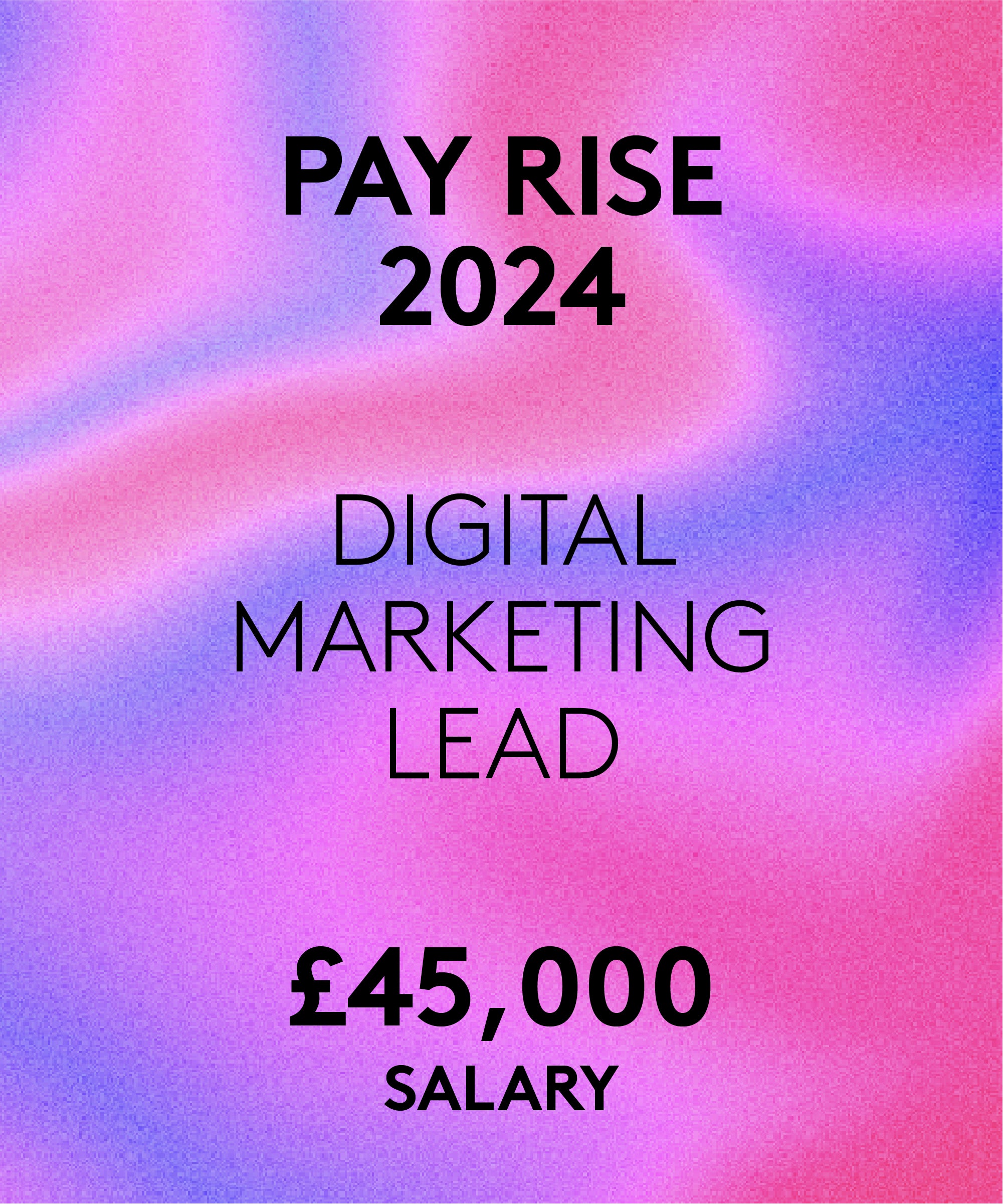Been in the workforce for at least five years and interested in contributing your salary story? Submit your information here. Published stories receive £100.
Age: 29
Location: London
Current industry and job title: Digital marketing lead, retail
Current salary: £45,000
Number of years employed since school or university: Eight
Starting salary: £21,000
Biggest salary jump: From £33,000 to £40,000 in 2021. I jumped from the charity sector to working for a huge supermarket and it changed the whole game for me.
Biggest salary drop: N/A
Biggest negotiation regret: My manager (who was paid £40,000) went on a six-month sabbatical and I stepped up to cover his role but my salary was only bumped up to £30,000 from £28,000. I was fuming but didn’t negotiate hard enough. I started a dialogue with HR that lasted six months and after a while it left a really bitter taste in my mouth. I then took action by sending directly to HR a job specification for a similar role within the NHS that was paying £8,000 more. Within one day they’d changed my salary to be a few grand more (but still didn’t match the NHS salary or my manager’s salary, whose job I was essentially doing). I should have taken action sooner but it’s very tough negotiating salaries in the charity sector.
Best salary advice: When there’s a pay band and you’re offered a salary that’s in the middle, always ask for the top end. It means they have it in budget and can pay you that if they really want you. As someone who has hired people, I’ve always offered mid-band and the employees have accepted. But if they’d asked for more, I would have said yes!

There were opportunities to build relationships with these donors and steward them to give higher gifts, but I wasn’t very good at it. I didn’t negotiate my salary when it was offered to me but I found out that another person doing my exact same job was getting £2,000 more. I had a conversation with my manager expressing that I wanted to be paid more but I went about it the wrong way. The conversation went horribly wrong and ended in tears! I learnt a lot from that experience but it also pushed me into searching for a new role that was a better fit for me.

I stayed for probably a year longer than I should have due to taking a four-month sabbatical to go travelling (lucky me) and then going straight into a four-month furlough period over the pandemic. It stunted my career progression and with the state of the job market after the pandemic, I found it really tough even to land interviews for other jobs.


I felt totally disenfranchised after this as it showed that all the conversations we’d had previously had meant nothing. HR had been breadcrumbing me for six months and it took me threatening to leave for them to bump it up by a small amount. The role had felt really rewarding up to this point, but by then I was cross. I knew they could afford to pay me closer to £40,000 so I decided to look elsewhere.

The opportunity to get a bonus was a huge factor in accepting this role as I think it’s the only way I will ever be able to save any money towards a house deposit. I finally felt like I was being paid fairly and the same amount as most of my friends. I didn’t negotiate salary as they’d asked for my salary expectations in the interview and I’d said lower, so being offered above that felt like a win.

It’s great the company does this because it’s really needed in this cost of living crisis and it stops me feeling stagnant. I’m happy here for the time being.
Like what you see? How about some more R29 goodness, right here?
I’m Debt-Free — I’ve Stopped Chasing A Big Salary